Sudan
Heavy fighting in Sudan continues to escalate as a “direct result” of the continued flow of arms into the country meaning that the war is far from over, top independent human rights investigators said on Tuesday.
In an update on the emergency in the northeast African nation, the Independent International Fact-Finding Mission for the Sudan highlighted the increased use of heavy weaponry in populated areas - and a sharp rise in sexual violence.
Humanitarian relief continues to be weaponized and hospitals and medical facilities remain under siege, warned the investigators, whose mandate was established by the Human Rights Council in October 2023.
Fellow investigator Mona Rishmawi insisted that testimonies gathered pointed to “both sides” continuing to commit war crimes – a reference to the Sudanese Armed Forces (SAF) and the Rapid Support Forces (RSF) which turned on each other in April 2023, following a breakdown in transition to civilian rule. Around El Fasher, for instance, civilians have been “assaulted, detained and killed while villages have been attacked, burned and looted” by the RSF.
During one RSF attack from 10 to 13 April, more than 100 civilians were reportedly killed, while a SAF bombing in Al Koma killed at least 15 civilians.
In areas recaptured by the SAF, such as Khartoum, Gezira, and Sennar, the fact-finding mission documented widespread retaliation between late 2024 and mid-2025.
Crippled humanitarian aid and sexual violence
Now into its third year, the war has killed tens of thousands of civilians so far, displacing over 13 million Sudanese and subjecting many more to sexual violence, looting and the destruction of homes, health facilities, markets and other infrastructure.
To explain how humanitarian relief has been weaponized, the mission noted that the SAF had imposed “bureaucratic restrictions, while the RSF has looted convoys and blocked aid entirely”. The result of these actions has been to drive famine, “especially in Darfur”, said the investigators, who are respected human rights experts and not UN staff.
Condemning the bombing of a UN aid convoy in Al Koma en route to El Fasher on 2 June that killed five staff, the fact-finding mission added that the RSF had shelled the Saudi Hospital in El Fasher a dozen times. In May, an RSF drone strike on Obeid International Hospital in North Kordofan also killed six civilians and shut down one of the region’s last functioning clinics. Such attacks are “crippling” the delivery of aid in a lot of these communities,” said Mona Rishmawi.
In their latest update to the Human Rights Council, the investigators documented a sharp rise in sexual and gender-based violence, with women and girls subjected to rape, gang rape, abduction, sexual slavery and forced marriage, mostly in RSF-controlled displacement camps.




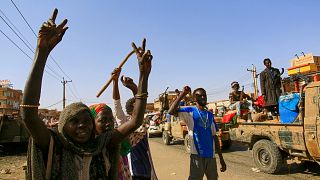
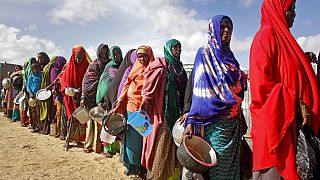
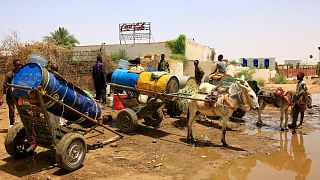
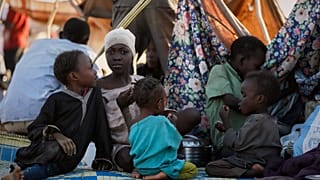
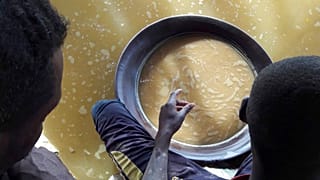

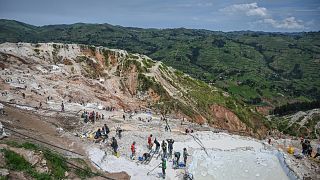
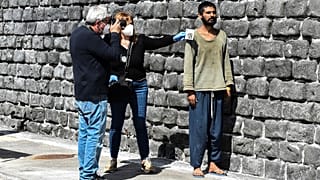
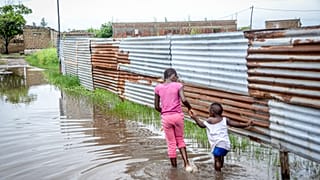
01:19
United Nations renews political mission in Haiti for another year
01:42
United Nations and IOC calls for pause in wars during Winter Olympics
01:00
Major drug bust in Serbia: police confiscate 5 tonnes of marijuana in Kruševac
00:47
Women and girls in Haiti facing 'explosion' of sexual violence, says MSF
Go to video
DRC: Kinshasa and UN launch humanitarian response plan
01:41
Mozambique expects death toll to rise as search for flood survivors continues